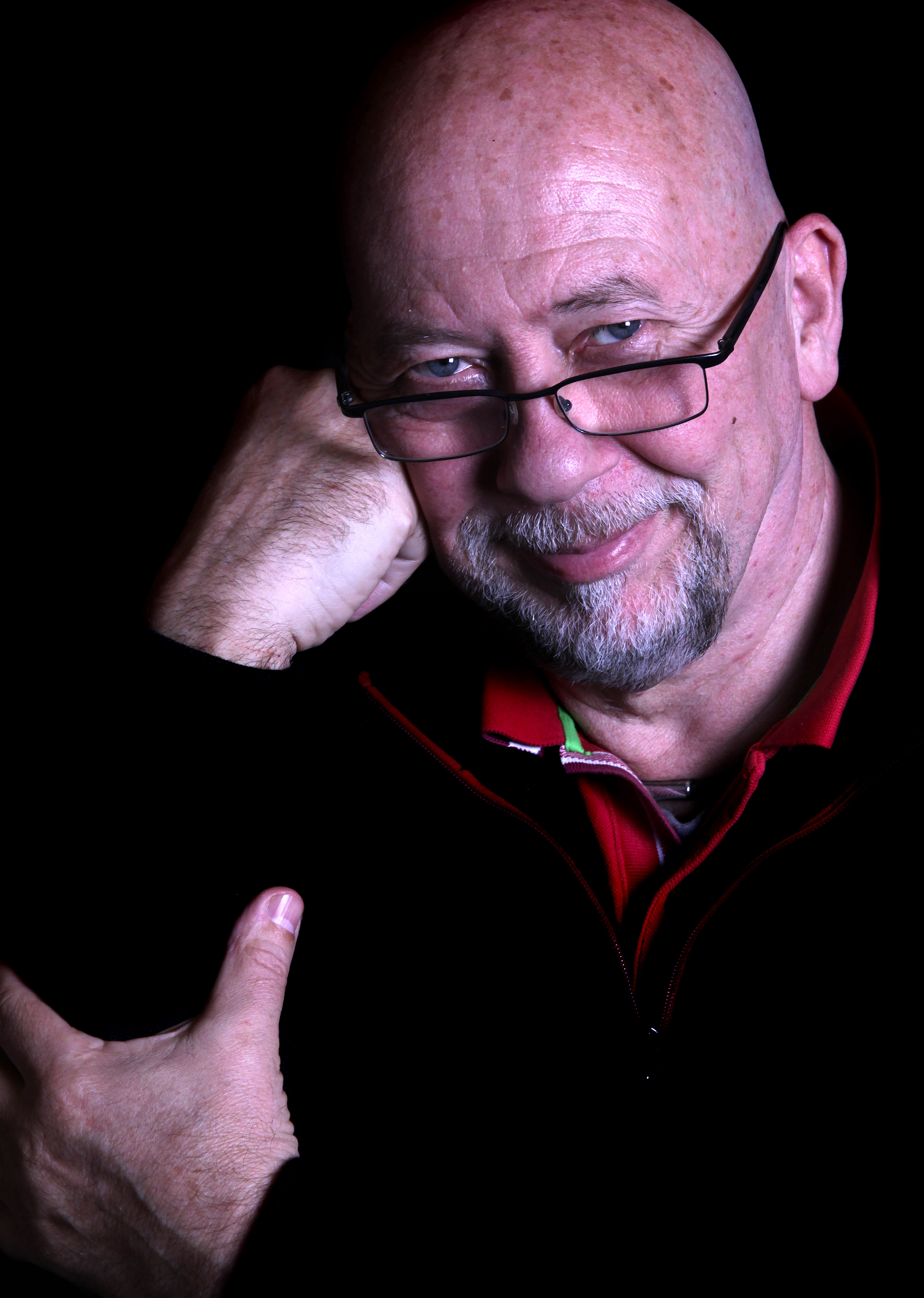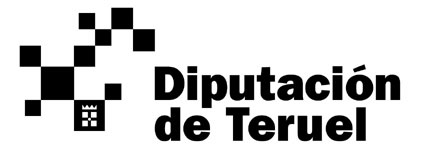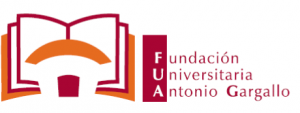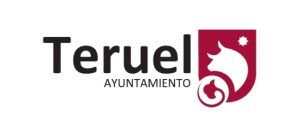GOALS AND TOPICS
September 08-09, 2022
Universidad de Zaragoza
Teruel-Spain
C/ Atarazana, 4
www.unizar.es
SCOPE
The 6TH edition of the International Workshop on ICTS for Improving Patients Rehabilitation (Rehab 2022) will take place in Teruel (Aragón, Spain), at the campus of the University of Zaragoza, from September 8th to 9th, 2022, together with conference on Human-Computer Interaction (Interacción 2022) and the organization of the AffectiveLab and EduQTech research groups of the University of Zaragoza. The workshop has been organized in face-to-face mode.
The main objective of Rehab 2022 is to bring together researchers, students and professionals focused on technological systems and health, both from academia and industry, in order to promote the presentation of innovative proposals, exchange of ideas and discussion. Rehab 2022 takes a multi-disciplinary approach to the Virtual Rehabilitation discipline, so that it seeks to attract those working in computer science, but also in other disciplines.
This year, Rehab Workshop will be held within the XXII edition of the International Human-Computer Conference (Interaction 2022), which has its own call for contributions. All the information about Interaction 2022 can be found at Interaction 2022
During the last few years, there has been increasing interest in the application of Virtual Reality and Information and Communication Technologies (ICTs), in the field of rehabilitation, with clinical results that prove their effectiveness.
The virtual reality is being an increasingly used method in physical rehabilitation, allowing individualized treatments, as to facilitate learning motivation, to finally, provides patients pleasant and enjoyable homework exercises.
OBJECTIVE
This workshop invites authors to submit contributions on concepts Virtual Rehabilitation Discussion, applications, techniques or environments where interaction design play a central role by improving the rehabilitation process at all levels.
Previous editions:
Topics:
- Virtual and enhanced environments
- Motor rehabilitation
- Neuroimaging in rehabilitation
- Virtual rehabilitation
- Clinical assessment
- Cognitive rehabilitation
- Communication and language
- Ambisonics and audio environments
- Haptic devices
- Sensory impairment
- Medical systems
- Input devices, sensors and actuators
- Multi-user systems for user interaction
- Computer access
- Virtual humans
- Balance, posture and mobility
- Communications aids
- Tools for architectural/CAD design
- Product design, testing and prototyping
- Training tools for rehabilitation
- Augmented reality applications
- Human factors
- Rehabilitation robotics
- Children with disabilities
keynote speaker
Anthony L. Brooks (aka Tony)
School of Media Technology |

|
From being born into a family with disabled members, an early engineering degree and subsequent early uptake of ICT and sensor technologies across disciplines, Brooks has been avant-garde in pioneering the exploration and subsequent uptake of digital technologies towards advancing (re)habilitation. His four decades of research in the field has led to national and international awards; multi-million Euro projects; seven patents; approximately forty plenary keynotes; approximately 250 publications including eleven books; an emergent optimization model for patient intervention and treatment design. Brooks is active as an ‘expert’ under various organization including the European Commission, the Alliance for Innovation, and EUREKA (S+T+ART). He is Danish country representative at UNESCO’s IFIP (International Federation for Information Processing) and has been invited speaker at the United Nations Headquarters in New York City speaking on technology potentials within disability. He is on numerous academic boards and committees and he has examined numerous PhD viva in different countries. Showcases of his work include numerous Olympics and Paralympics including parallel scientific symposium and exhibitions – also international MoMAs, festivals, etc.
Around the turn of the century Brooks’ research was responsible for an industry start-up, patents, and commercial product. The product was later subject of independent research studies by senior physiotherapists stating that the “feed-back training group showed a marked improvement that was up to 400% in the training specific performance /concluding/ Clinical Rehabilitation Impact.”*
Brooks’ body of ongoing work goes under the “SoundScapes” name with his associated concepts of ArtAbilitation ©, GameAbilitation ©, and AquAbilitation ©. He is always open for project collaboration proposals. He is currently employed at Aalborg University in Denmark.




